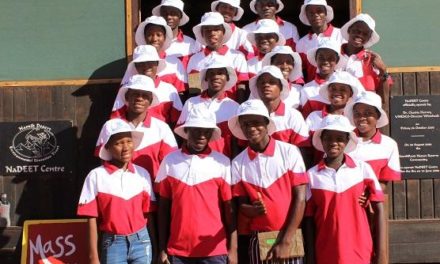
Sexual health rights reviewed
Namibia will host this year’s first statutory meeting for the Regional Executive Committee of the International Planned Parenthood Federation African Region (IPPF-Africa) at the Hilton Hotel this weekend. This is the first meeting of its kind to take place in the country.
According to Lucian Kouakou, regional director for IPPF-Africa, Namibia was chosen to host the meeting because it topped the federation’s performance indicators as a member association of the international body.
Kouakou said the aim of this meeting is to deliberate on the federation’s way forward as well as looking at the policy of the Africa regime for the federation.
Besides this regular statutory meeting, the chairperson of the federation, Kweku Brenu and Kouakou will have meetings with Namibian authorities to seek ways to strengthen the partnership between IPPF and the Namibian government.
The International Planned Parenthood Federation (IPPF) is the largest federation of civil society organisations working in the field of sexual and reproduction health and rights in the world. The federation has 153 national sexual and reproductive health organisations referred to as member associations working in 173 countries.
IPPF supports expanding universal access for sexual and reproductive health and rights, in particular on meeting unmet needs for family planning, supporting advocacy for prioritisation of sexual and reproductive health especially for young people, reducing incidences of unsafe abortions and integration of HIV within sexual and reproduction health rights organisations.
With its headquarters in Nairobi, Kenya, the federation provides technical assistance and support to its 38 member associations including the Namibia Planned Parenthood Association and autonomous national organisations in 42 sub-Saharan countries.
For the past five years, Namibia has received a total grant of US$1 468 760 from the federation. The Namibia Planned Parenthood Association was established in 1996 to complement government’s efforts in the provision of sexual and reproduction health rights information and services.
The association has grown over the years to become the leading national civil society provider of information, education, counselling and services on sexual and reproduction health rights, particularly to young people between the ages of 10 and 24. The Association subscribes to current Government policy on population and reproduction health, and focuses its services to disadvantaged and under-served groups. The Association has branches in 8 of the 13 regions of the country.












































